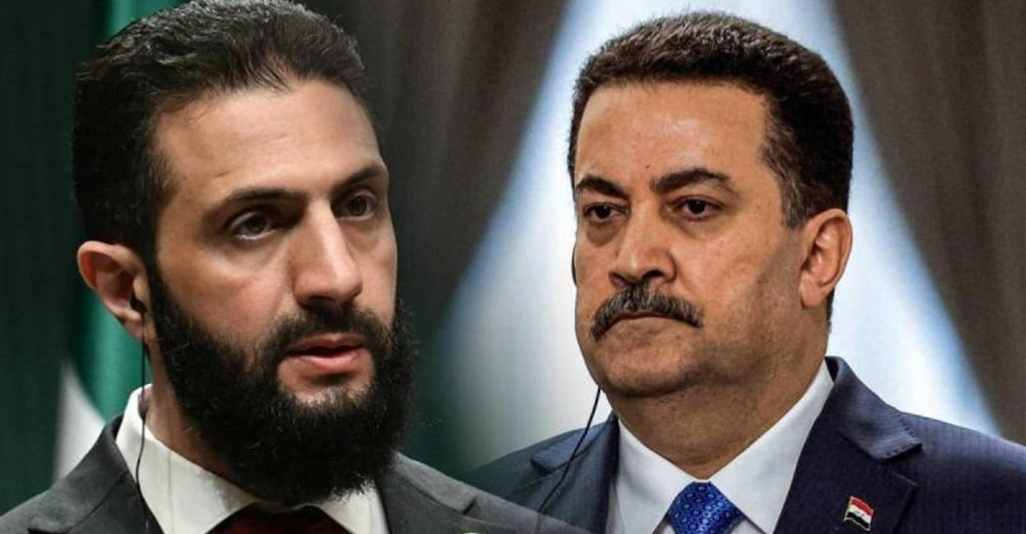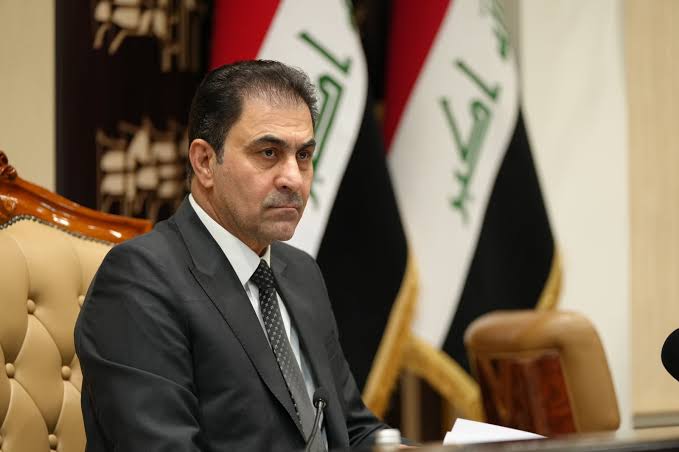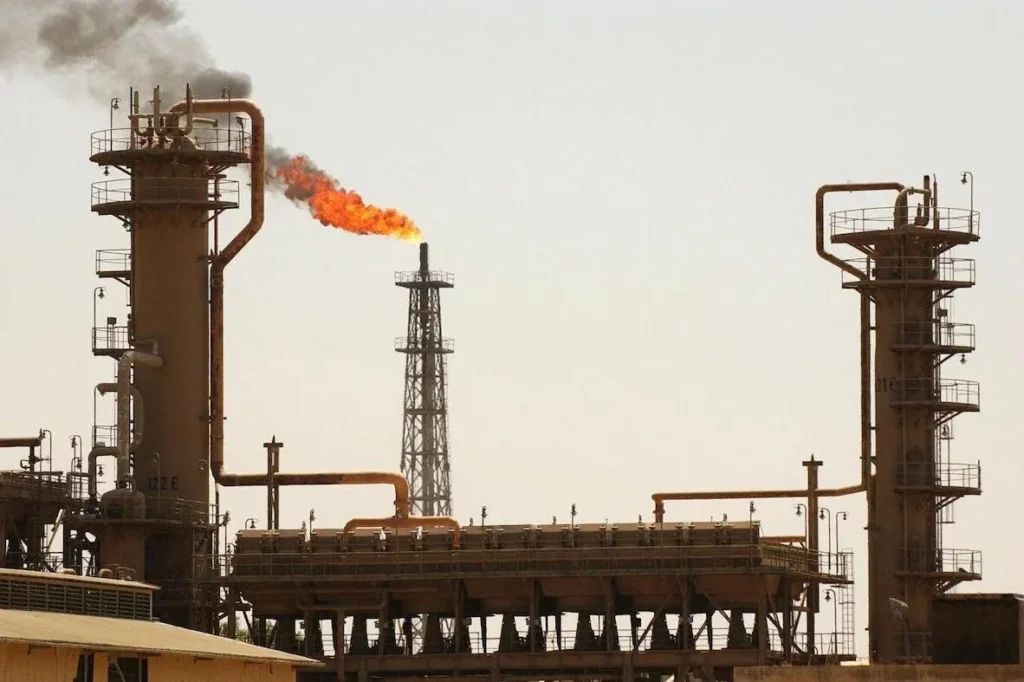Iraqi Prime Minister Mohammed Shia al-Sudani plans to meet Syrian transitional President Ahmad al-Sharaa in Doha on September 15. The two leaders will discuss reviving the Al-Waleed border crossing as part of a preliminary trade agreement.
An informed source revealed the meeting details on Sunday. The source emphasized that Syria requested reopening the crossing to facilitate truck movement and boost trade.
Meanwhile, Iraqi security authorities have started clearing debris at the crossing. They aim to prepare the site for full rehabilitation and inspection facilities.
The upcoming talks will focus on economic cooperation between Baghdad and Damascus. Both leaders plan to implement strict cargo inspections and driver verification procedures.
According to the source, this agreement may lead to reactivating the Kirkuk–Baniyas oil pipeline. Officials could also set a clear timeline for restarting crude oil exports through Syrian territory.
Moreover, Iraq’s Coordination Framework has already received a briefing about the proposed agreement. This framework consists of several Shiite political groups currently holding power in Iraq.
The source noted that leaders designed the agreement to support regional security and economic development simultaneously.
Additionally, Iraq has recently reopened other strategic border crossings with Syria. Authorities reopened the Al-Qaim crossing in June and resumed operations at Al-Bukamal in August.
Trade flows have restarted smoothly through those crossings, according to border officials. The same model may apply to the Al-Waleed border crossing after the final agreement.
Experts view the Al-Waleed border crossing as essential for restoring full trade activity between Iraq and Syria. It also plays a critical role in stabilizing regional logistics and transportation.
Officials expect the Doha meeting to produce an initial framework for implementation. If successful, the talks may mark a turning point in Iraq-Syria relations.
In conclusion, the reopening of the Al-Waleed border crossing could strengthen both economic and political ties. It signals a new phase of cooperation focused on trade, energy, and shared security goals.



